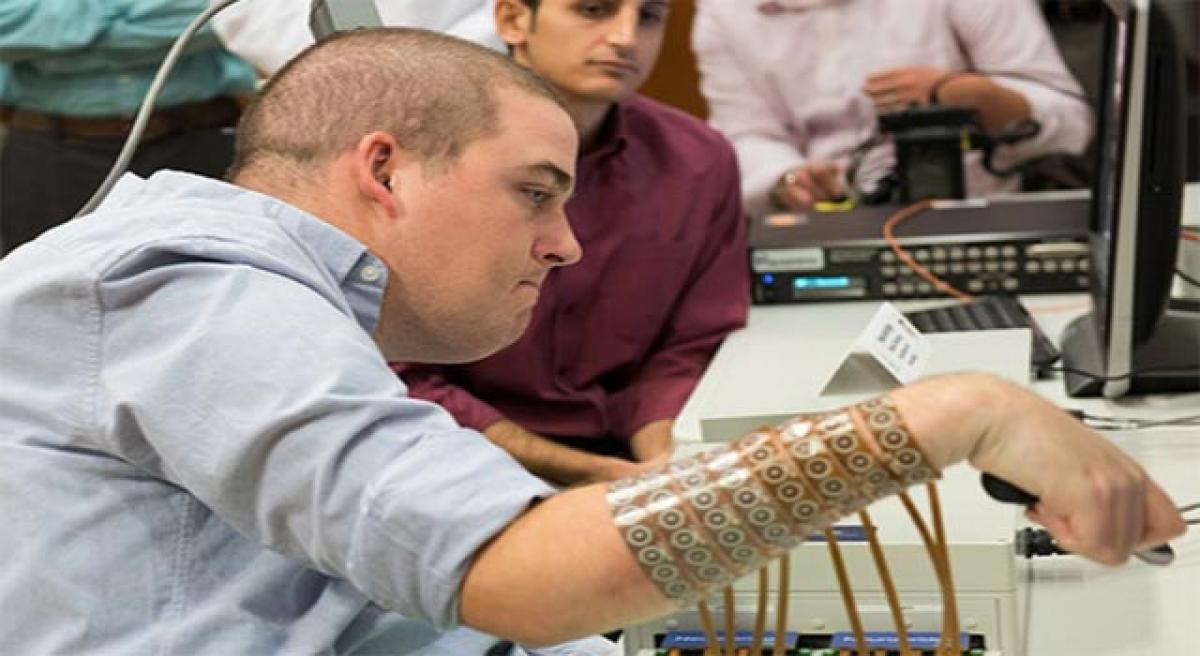Live
- We must increase the wealth, knowledge, and happiness of our people: Venkaiah Naidu
- Governor Approves Telangana’s “Bhoo Bharati” Act
- National Youth Day: Honoring the vision of swami vivekananda
- Game Changer Ticket Rates Under Scrutiny in Telangana High Court
- Nidhhi Agerwal Files Complaint Against Online Harassment
- TMC Worker’s Accident In West Bengal Uncovers Firearm, Police Launch Investigation
- Sankranthi Movies 2025: Police Themes Dominate Big Releases
- Rescue Efforts Intensify For Trapped Workers In Assam’s Illegal Coal Mine
- Kerala Government Approves Rs 778-Crore Sabarimala Master Plan For Holistic Development
- Kerala Congress MLA IC Balakrishnan Booked For Abetment Of Suicide In Wayanad DCC Case









